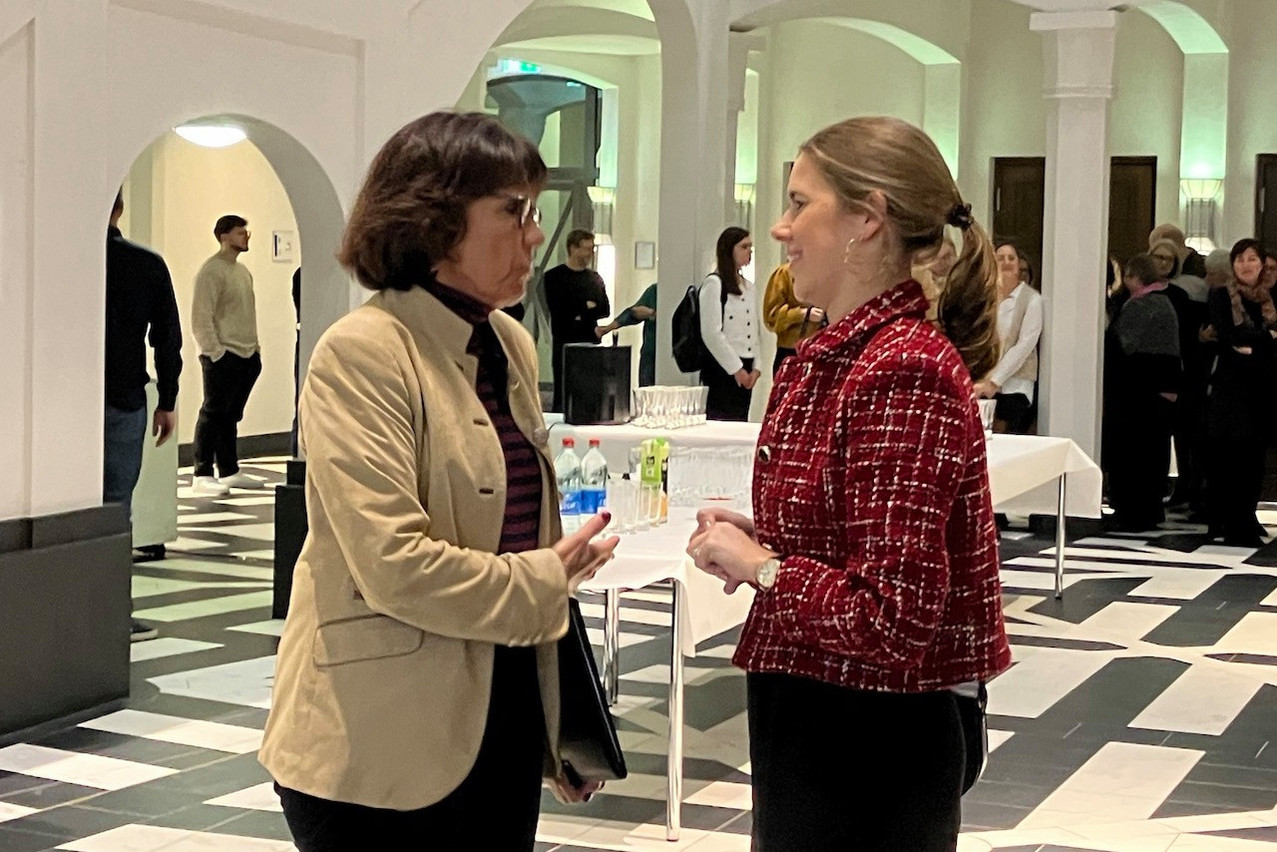The difficulty that the justice system is experiencing in coping with the backlog of cases is not a problem that is unique to Luxembourg, the state prosecutor general, , said on Wednesday. The problem also affects neighbouring countries: France, Belgium and Germany. What are its roots? "Crime is on the rise, leading to an increase in the number of cases to be dealt with. Cases that are becoming more and more technical and requiring more and more specific skills. And I've noticed this since I joined the legislature. An aggravating circumstance, as a criminal lawyer might say: because Luxembourg is so small, it is dependent on international mutual legal assistance. "Mutual assistance works fairly well with the other countries of the European Union, but as soon as you have to deal with a country outside Europe, it becomes more difficult - and longer - if not impossible".
And while she believes that residents still have confidence in the justice system, she believes that the lengthening of proceedings poses a fundamental problem that needs to be addressed without delay.
Scarce human resources
A first solution to the problem would be to increase human resources. But when it comes to recruitment, Solovieff highlights two problems. The first, described as "major", is the fact that access to judicial careers is restricted to Luxembourg nationals. Every year, she points out, around a hundred candidates take the complementary courses in Luxembourg law (CCDL), a compulsory step for access to careers in the judiciary. All careers: lawyers and magistrates. And that's the second concern: "Of these hundred people, forty go all the way. And not all of them are interested in a career as a magistrate.
Between the private sector and competition between ministries, posts are hard to fill. As for the question of whether these careers should be open to non-Luxembourgers, the prosecutor leaves the decision to politicians.
She is also calling for the conditions for joining the judiciary to be made more flexible, particularly as regards the experience required. Recruitment by examination requires one year's experience working for a lawyer or notary, while recruitment by application requires five years' experience. In her view, these conditions should be relaxed to allow the recruitment of lawyers working in other ministries, in the municipal sector or in the private sector.
She is counting heavily on the bill tabled by the minister of justice, (CSV). "We need to move quickly on this," she insists.
Procedural leverage
Another lever that could be used to improve the situation would be to look at legal procedures. While there is no question of going back on the rights of the defence, which have been strengthened in recent years, she points out that, on the other hand, the public prosecutor's office and the judicial authorities have not benefited from additional resources to carry out investigations. "All procedures need to be reviewed, especially criminal procedure.
Since 2018, those being prosecuted have had access to the investigative file, allowing more appeals against investigative acts, thereby prolonging proceedings. "It is imperative to reform at this level."
Margue tried to reassure her interlocutors. She reaffirmed the government's desire to give magistrates more human resources, to find new premises - she confirmed the desire to create a new Cité judiciaire - and to speed up the digitisation of the justice system.
With Solovieff retiring on 1 February 2025, it will be up to her successor, John Petry, currently deputy attorney general, to say next year whether the government's commitments have borne fruit.
This article was originally published in .
